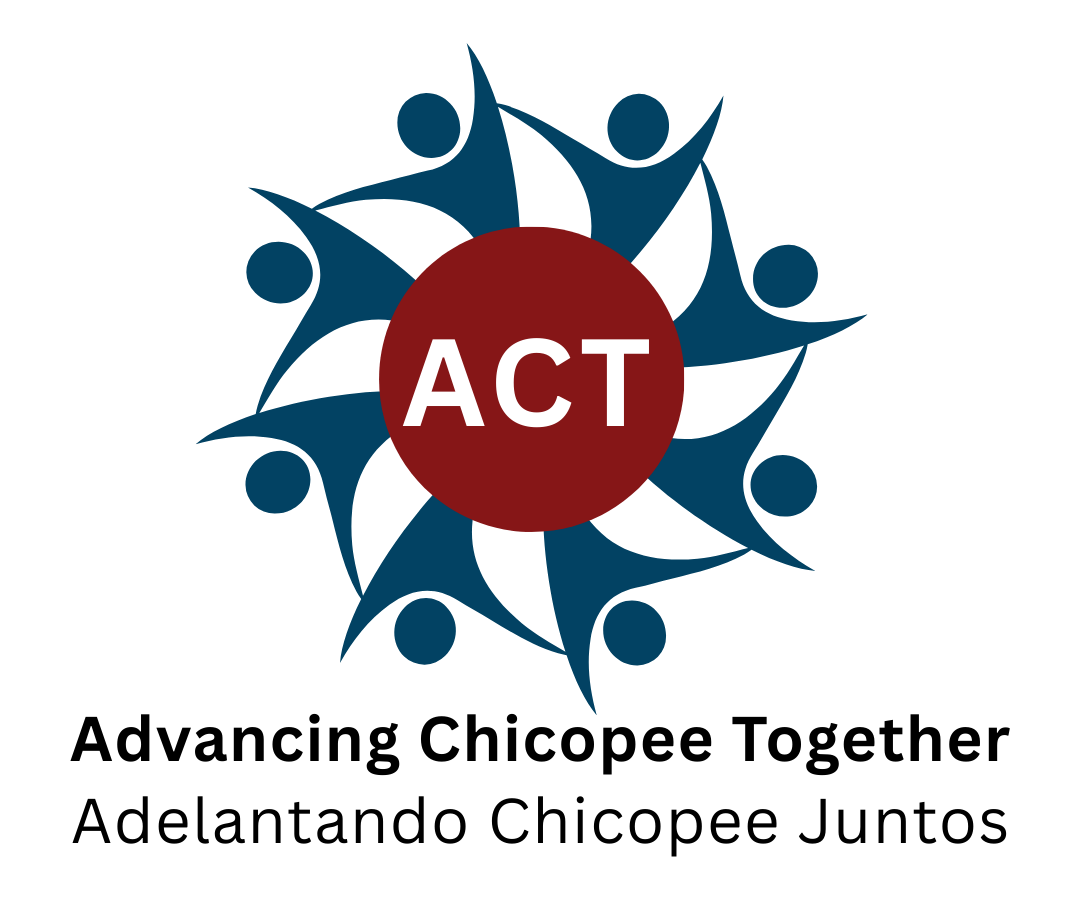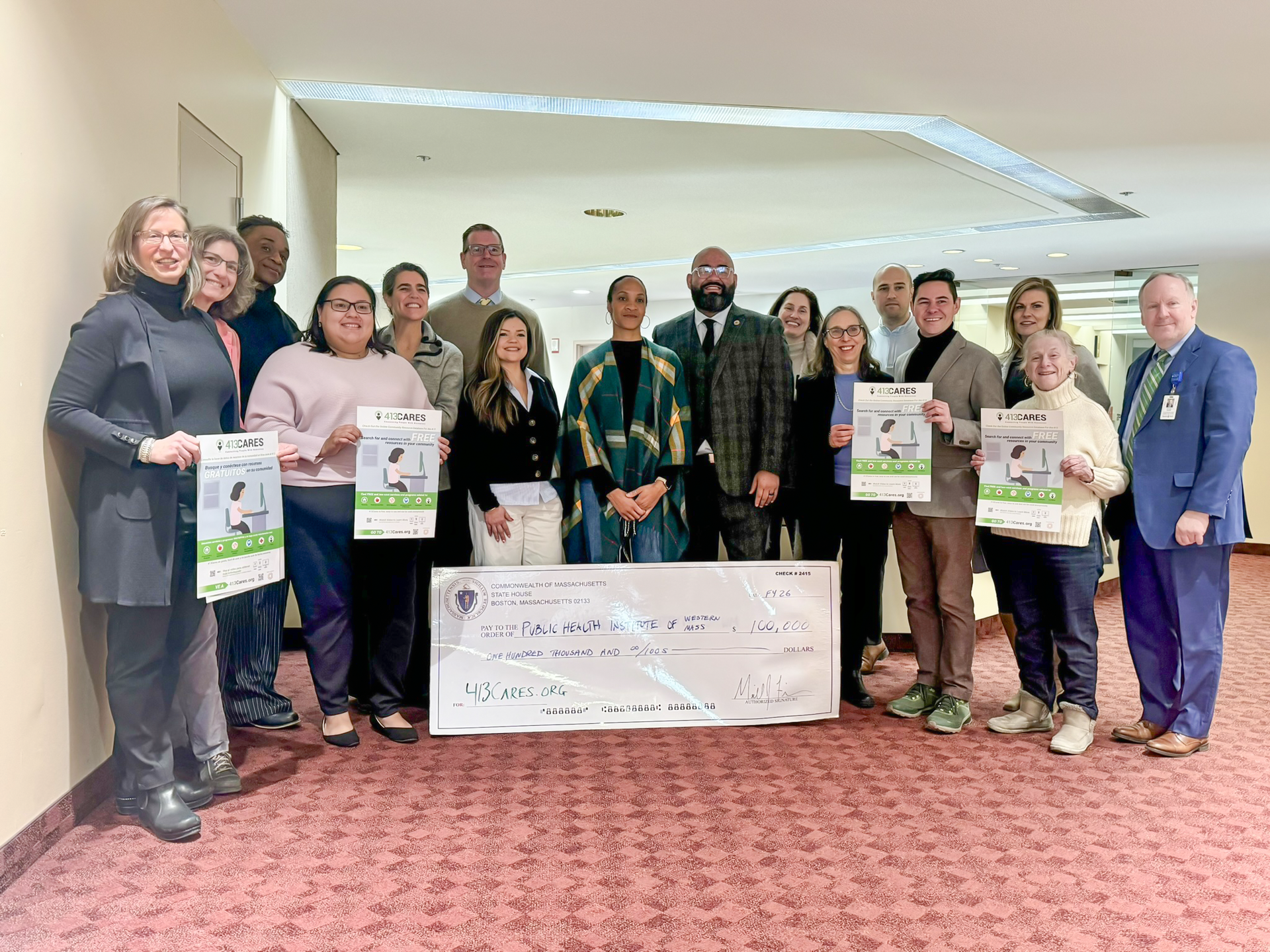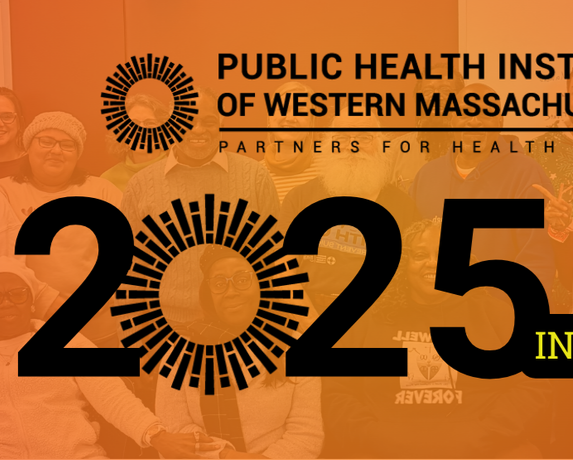March 2, 2026
The Public Health Institute of Western Massachusetts (PHIWM) and the City of Chicopee announced Friday, February 27, 2026, the launch of Advancing Chicopee Together / Adelantando Chicopee Juntos (ACT) , a new community coalition bringing together residents, organizations, and local leaders to improve health and advance equity in Chicopee. Rooted in extensive community feedback and collaboration, ACT will initially focus on two priority areas: access to nutritious food and maternal/perinatal health. Community health data indicate that Chicopee has higher rates of hypertension and obesity than the state overall, contributing to higher premature mortality. Additionally, the city has higher rates of gestational diabetes and is currently experiencing a shortage of OB providers, limiting access to prenatal and postpartum care. "The launch of Advancing Chicopee Together/Adelantando Chicopee Juntos reflects our city’s deep commitment to ensuring that every resident has the opportunity to live a healthy, thriving life,” said Mayor John Vieau . “We know that access to nutritious food and quality maternal and perinatal care are foundational to strong families and strong communities. By bringing residents, healthcare providers, community organizations, and local leaders to the same table, we are taking meaningful, data-driven action to address health inequities in Chicopee. I am proud to partner with the Public Health Institute of Western Massachusetts and our community stakeholders as we work together to build a healthier, more equitable future for all who call Chicopee home." "It’s been an honor for the Public Health Institute of Western Massachusetts to work with so many dedicated groups in Chicopee to learn more about these health challenges and how we can come together to address issues like food access, low birthweight, and diabetes,” said Jessica Collins, executive director of PHIWM . “We have real momentum and are forging ahead.” ACT was formed as part of Addressing Health Equity in Massachusetts (AHEM), a statewide initiative centered on regional and racial equity in health. AHEM currently prioritizes maternal health and the social determinants of health, using a place-based framework that allows communities to identify their own strengths and solutions. Coalition Strategies: Improve awareness, coordination, and connection to local food and maternal health resources. Expand education, support, and access for pregnant and postpartum individuals and those with chronic conditions. Increase awareness and access to doula services to strengthen culturally responsive perinatal support. The Steering Committee consists of resident advisors and representatives from Baystate Health, Breaking Oppression, City of Chicopee, Chicopee Health Department, Chicopee City Council, Chicopee Parks and Recreation Department, Chicopee Chamber of Commerce, Elms College, Food Bank of Western MA, Holyoke Health Center, Tapestry Health, and Valley Opportunity Council. This project is funded by a grant from the Blue Cross Blue Shield of Massachusetts Foundation .




